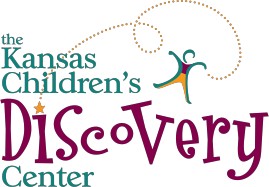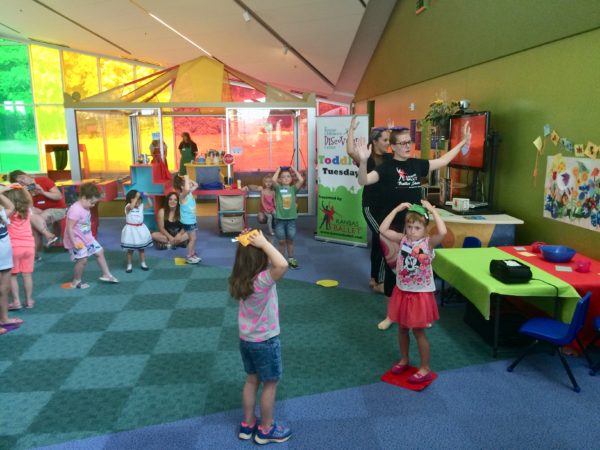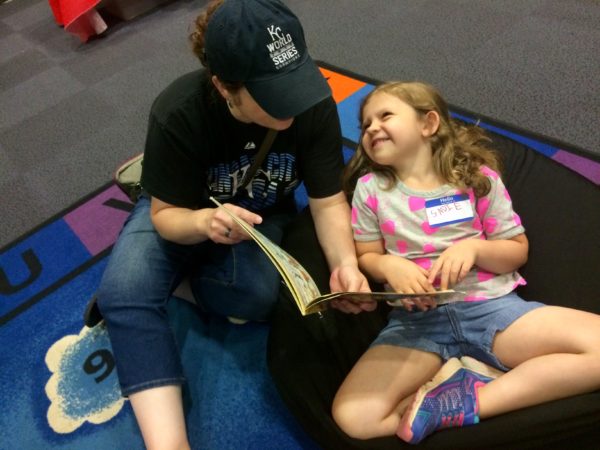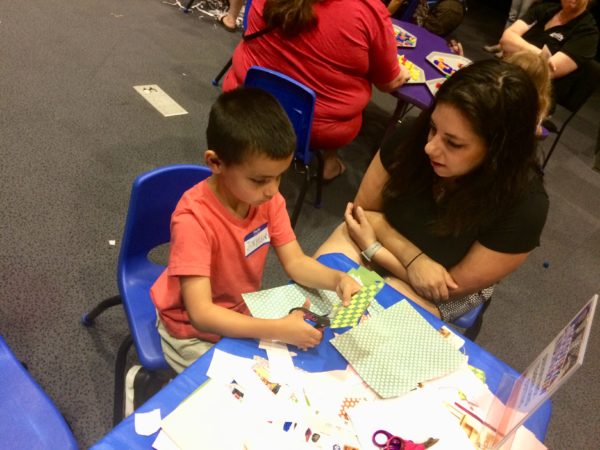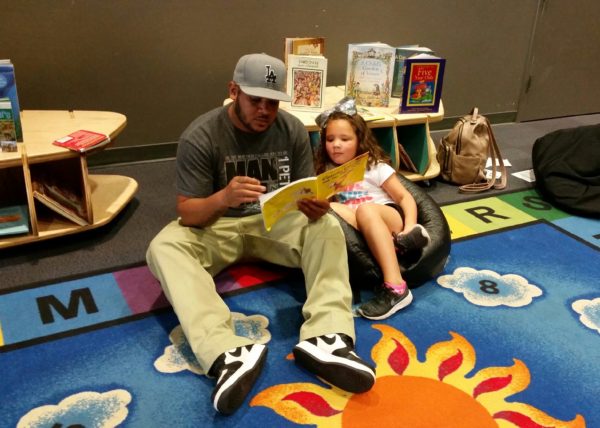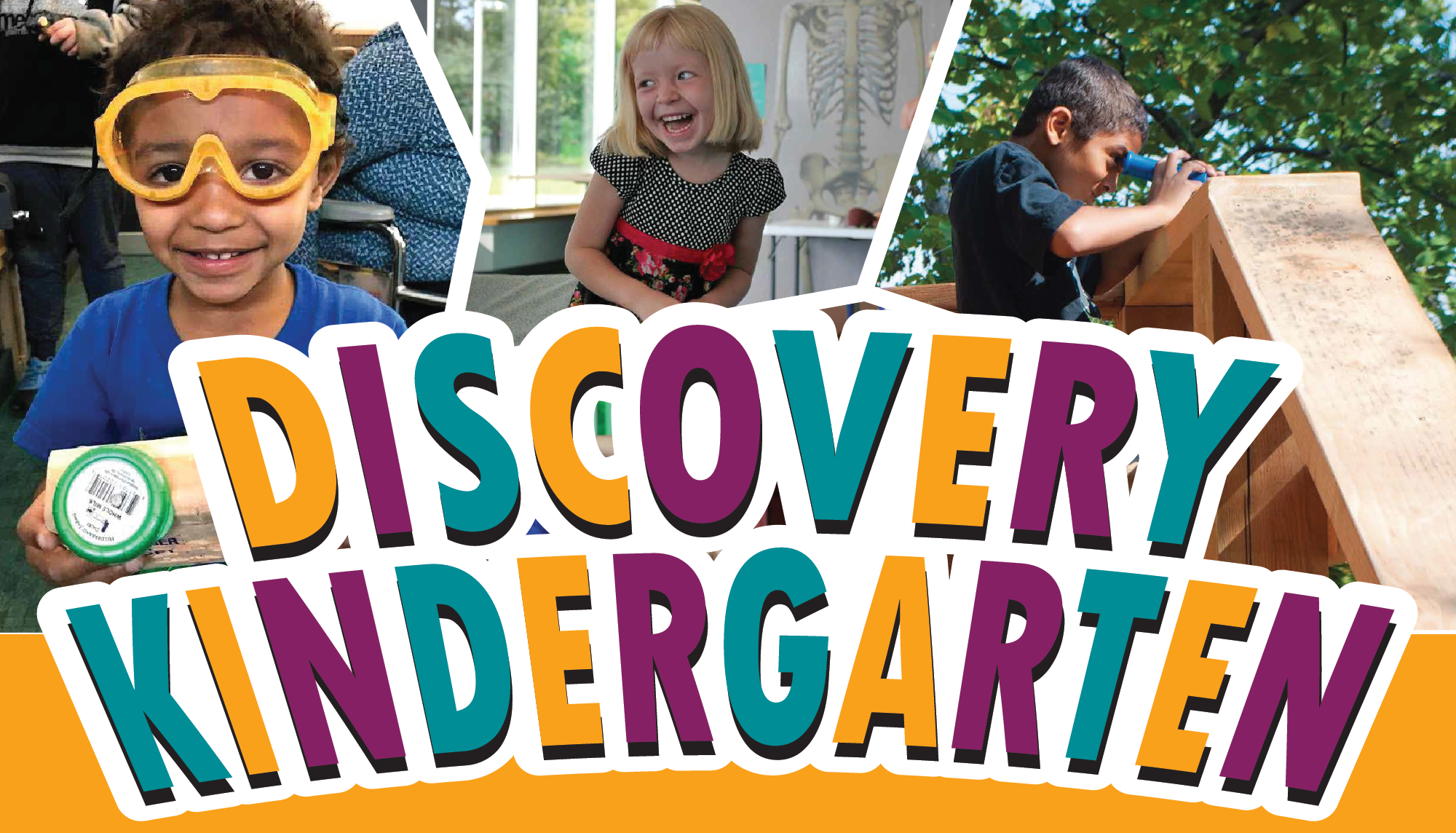1. Be chatty
Whether at the grocery store, the park, or on a walk, those back-and-forth conversations are so important. Build your child’s word bank.
2. Get noisy with a book
It’s the easiest way to get your child ready for school. Reading out loud teaches basics like how to hold a book, when to turn the page, left to right reading, and wondering what will happen next. Let your child create her own book and let her get noisy!
3. Don’t help
Celebrate your child’s independence. Make a chart or poster to celebrate their firsts: unbuttoning a button, zipping a zipper, packing a lunchbox, opening a juice box or knowing her phone number. Look what I can do all by myself!
4. 3 P’s
Play, pretend and practice. Play kindergarten at home. Let your child practice making choices. Prepare her for what to expect. Pretend to get on the bus or say hello to the crossing guard. Pick out clothes and play dress-up. Practice picking out food in the lunch line or prepare a sack lunch. Presto! The 3 P’s in action.
5. Stretch
When your child plays, you can weave in learning by introducing new words and concepts to help stretch her thinking.
- Did you know that someone who fixes cars is called a mechanic?
- Want to pretend to be mechanics?
- Let’s see if we can draw a car.
- How many cars do you have? How many cars are green?
- What other words rhyme with car?
- What letter sound does car start with?
6. Focus on the big and the small
Create a child friendly family game night using large and small muscles. Hop, skip, run, jump, kick and catch. Invite your child to draw and cut straight, wiggly and zig-zag lines. Add listening skills and following directions by making a game like Simon Says or Red Light, Green Light.
7. Make a connection
Play eye spy on a neighborhood walk. Go to the zoo, shop at a farmer’s market or play in the dirt. You are building vocabulary, and giving your child rich experiences to share.
- I know what a bear looks like.
- I have tasted a tomato, too.
- Worms make tunnels in the earth!
Given the opportunity to take risks and explore gives your child the ability to relate events and experiences that they have had outside the classroom to what they are learning in school!
8. Don’t forget about sleep
Parents aren’t the only ones who need sleep. 5-year-olds need about 11-12 hours of sleep per day. About a month before kindergarten starts, get your bodies in sync. Bedtime and wake-up time should sync with school schedules so everyone wakes up on the right side of the bed.
9. Make a date
Make a playdate with other kids or go to the library or park. Kids need practice to learn to take turns, share, listen clean-up and cooperate with other kids. Learning to wait and finding out that no one can always be first or have their own way takes practice. Meeting kids at a park or playground helps transition kids who will be sharing space with twenty other kids instead of just with a brother or a sister!
10. Talk about feelings
It’s okay to cry and miss a parent. It’s okay to feel angry or sad. Strong feelings are normal. Be supportive and celebrate your child’s successes. Model and expect good manners within the family to discourage whining and tantrums. Children who are able to state their wants and needs in a clear and polite manner tend to transition more easily to school. Set aside a time, each evening, to share your child’s day. Don’t expect perfection. If your child was perfect, she wouldn’t have to go to school!
